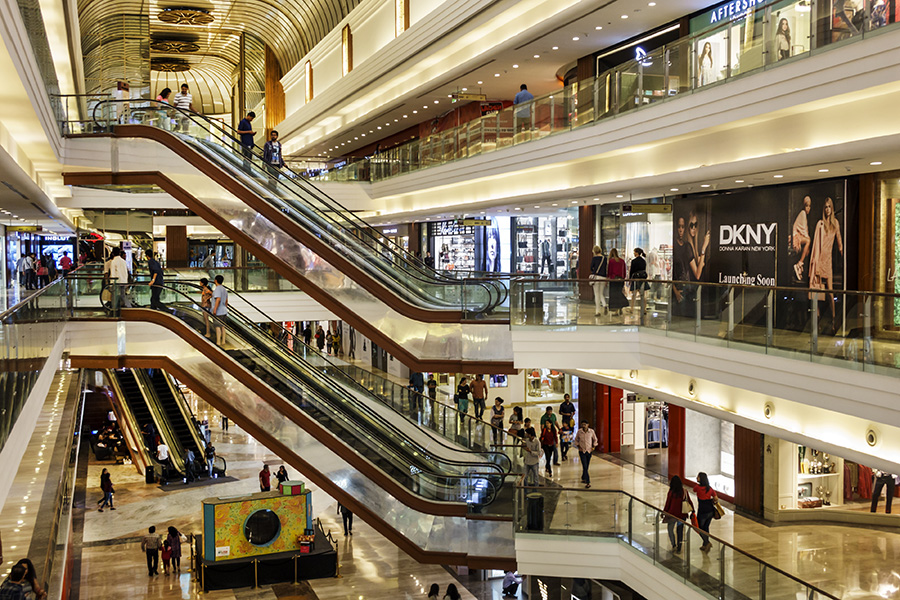In the luxury industry, expect the expected, and at lightning speed
The next six months are crucial for the luxury goods industry and may cause far more pain than the Great Recession of 2008 did. McKinsey estimates that the global industry for personal luxury goods will shrink by as much as 35 to 39 percent in 2020, compared to the previous year.
‘It’s true that the House of Chanel survived World Wars, the stock market crash of 1988 and many other world-changing events. So did Gucci, Louis Vuitton and Prada. But the modern luxury industry as we know it—where brands are multi-billion dollar powerhouses, employing hundreds of thousands of people across the globe—has only really existed for the past 30 years,” writes journalist Lauren Sherman in a report by The Business of Fashion (BoF) and McKinsey, titled ‘The State of Fashion 2020: Coronavirus Update’.
“In many ways, the coronavirus pandemic is the first global crisis that will deeply impact the sector since the industry morphed into a virtual oligopoly,” she adds. “How will it fare? The short answer: Expect the expected, and at lightning speed.”
After the 2008 recession, the luxury industry bounced back; this time, however, consumer spending behaviour was already becoming more conscious in the past three or four years, and the pandemic will only accelerate that shift.
Another school of thought says that in certain markets, consumers in the uber-wealthy demographic could go on spending sprees to make up for the pent-up time. “We could definitely see initial splurge post the lockdown in India,” says Abhay Gupta, founder and CEO, Luxury Connect and Luxury Connect Business School. “Beauty and wellness will witness raised demand immediately, and salons will see a rush. Postponed wedding orders will be fulfilled. The feel-good factor of retail therapy will kick in.”
For some luxury players, it could be a unique opportunity to heighten customer relationships and leverage digital channels. In the post-pandemic era, the McKinsey-BoF report says consolidation will intensify and we could see a ‘Darwinian shakeout’ that will eliminate the weak and embolden strong players.
“Conspicuous consumption may be replaced with demand for conscious, responsible luxury,” adds Gupta. “However, for the hedonist consumer, luxury is a way of life, and the benchmarks of sophistication are unlikely to change. Public memory is short, and luxury will return to its true levels in due course.”
(This story appears in the 08 May, 2020 issue of Forbes India. You can buy our tablet version from Magzter.com. To visit our Archives, click here.)
Reference Link:
https://www.forbesindia.com/article/coronavirus/coronavirus-likely-to-damage-luxury-sector-more-than-2008-recession/58995/1


















